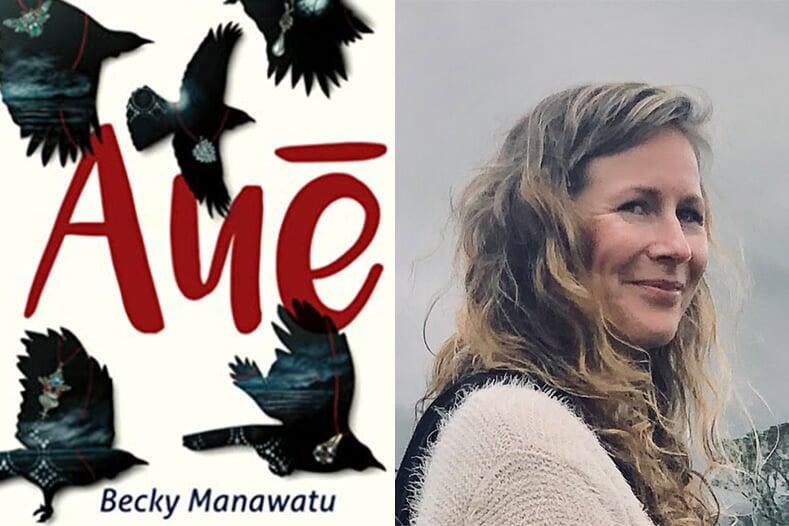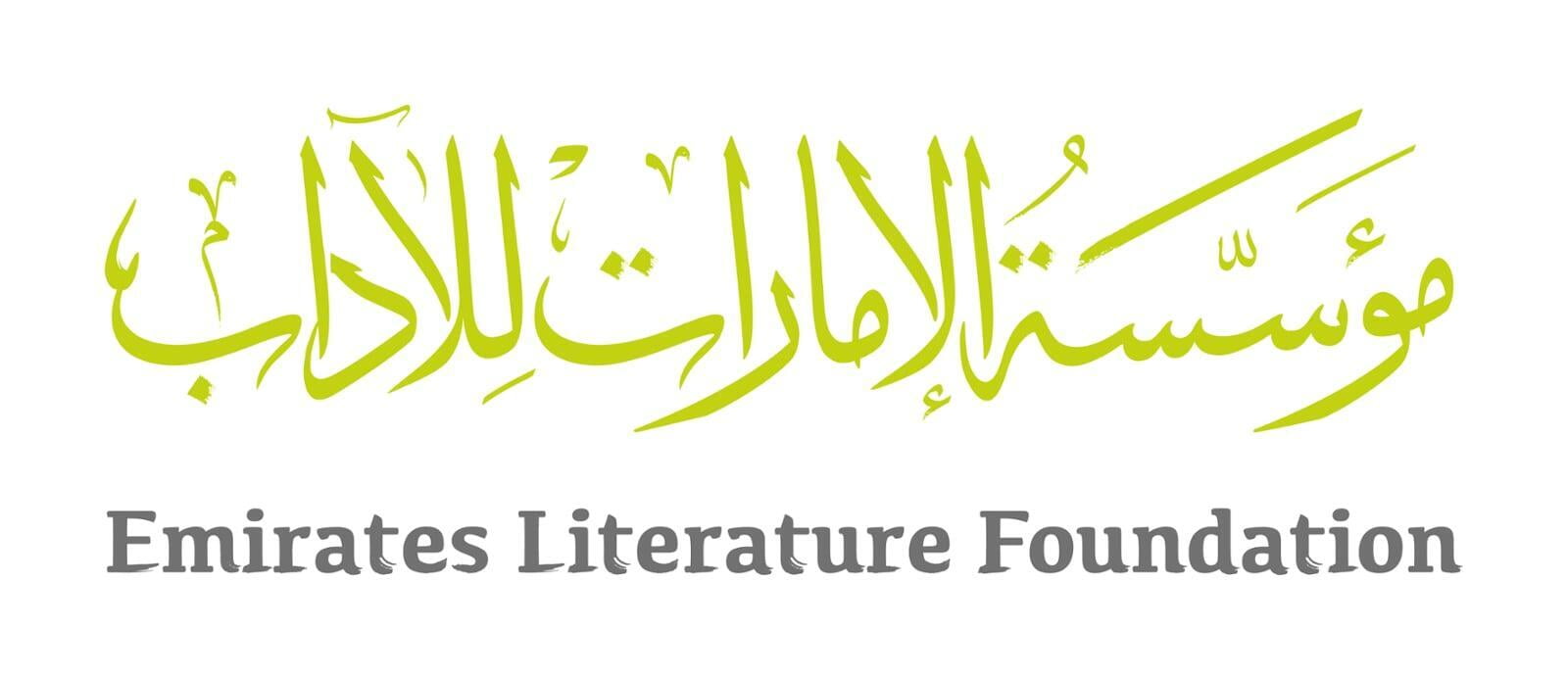Hear from one of our passionate readers!

Auē (pronounced: "oh way") is the debut novel by indigenous writer Becky Manawatu. It is already receiving wide acclaim, including the Jann Medlicott Acorn prize for Fiction, the MitoQ Best First Book of Fiction Award, and it is the winner of the Ngaio Marsh Award for Best Crime Novel.
Auēmeans to cry or wail, which is at the heart of this novel. It gnaws away at you, it consumes you; you can't stop thinking about it, trying to understand it, trying to find hope. It is a book that is confronting, but I would recommend it to anyone wanting to gain an insight into how people and whānau (extended family) piece themselves back together and continue through trauma as best they can.
The book focuses on 8-year-old Arama – or Ari for short. Not only do both his parents die, but then to top it off, his selfish brother Taukiri abandons him at their Auntie's. It is here that Ari witnesses' family violence between his Aunty Kat and Uncle Stu. He leans heavily on Beth's friendship (also eight years of age), who is worldly in her violent experience from watching the movie Django Unchained. Ari has his unique way of making things better – he carries around a box of plasters so that he can cover his hurt. Gut-wrenching for a child but also an excellent coping mechanism.
"Christmas morning was beep, I woke up, and the house was quiet because Aunty Kat had gone to help Uncle Stu do the milking. I decided to pretend it wasn't Christmas at all. You wait for Christmas, and you count for Christmas. And I hadn't. I got up and went to the bathroom and found things to plaster. I put my hand over my chest to find my heartbeat, then put about six plasters over the loudness."
Manawatu can pull us through chapters with the two brothers in the present and their parents in the past. There is also a spirit guide voice that appears towards the end, emphasising the importance of spirituality for many Māori. Time is no barrier; events and activities can often span the past, present and future.
Auē is a fitting title for this book as there is an underlying sense of sorrow that binds the generations together. It details intergenerational trauma and shares a journey on how this trauma can impact future generations and leave unseen scars breaking the essence and spirit of a person. Manawatu weaves the sorrowful call throughout the book, but there are just enough pockets of hope to allow the reader to imagine a better future for all the characters.
It isn't until the very last pages that the author, Manawatu, reveals intimate details about the trauma experienced in her life. It is easy to see how she shapes the characters in the novel based on her experiences.
"Auē was written in memory of our precious Glen Bo Duggan (1983-1994). An artistic, funny, kind, smart, handsome boy who needed a ta nee far (monster) to come and rip through his front door and tear down the walls of the house so everyone could see what was going on behind them."
Also, be warned it does carry some strong language. Our advice? Be ready with the plasters!
Inspired to write your own book review? Let us know! Still searching for the perfect book to capture your imagination and get those creative juices flowing? Check out one of our many book recommendation lists. Still not sure? Then listen to the latest episode of our Boundless Bookclub podcast below for ideas!
Wiki Mulholland is a senior advisor in the Department of Internal Affairs in New Zealand.
